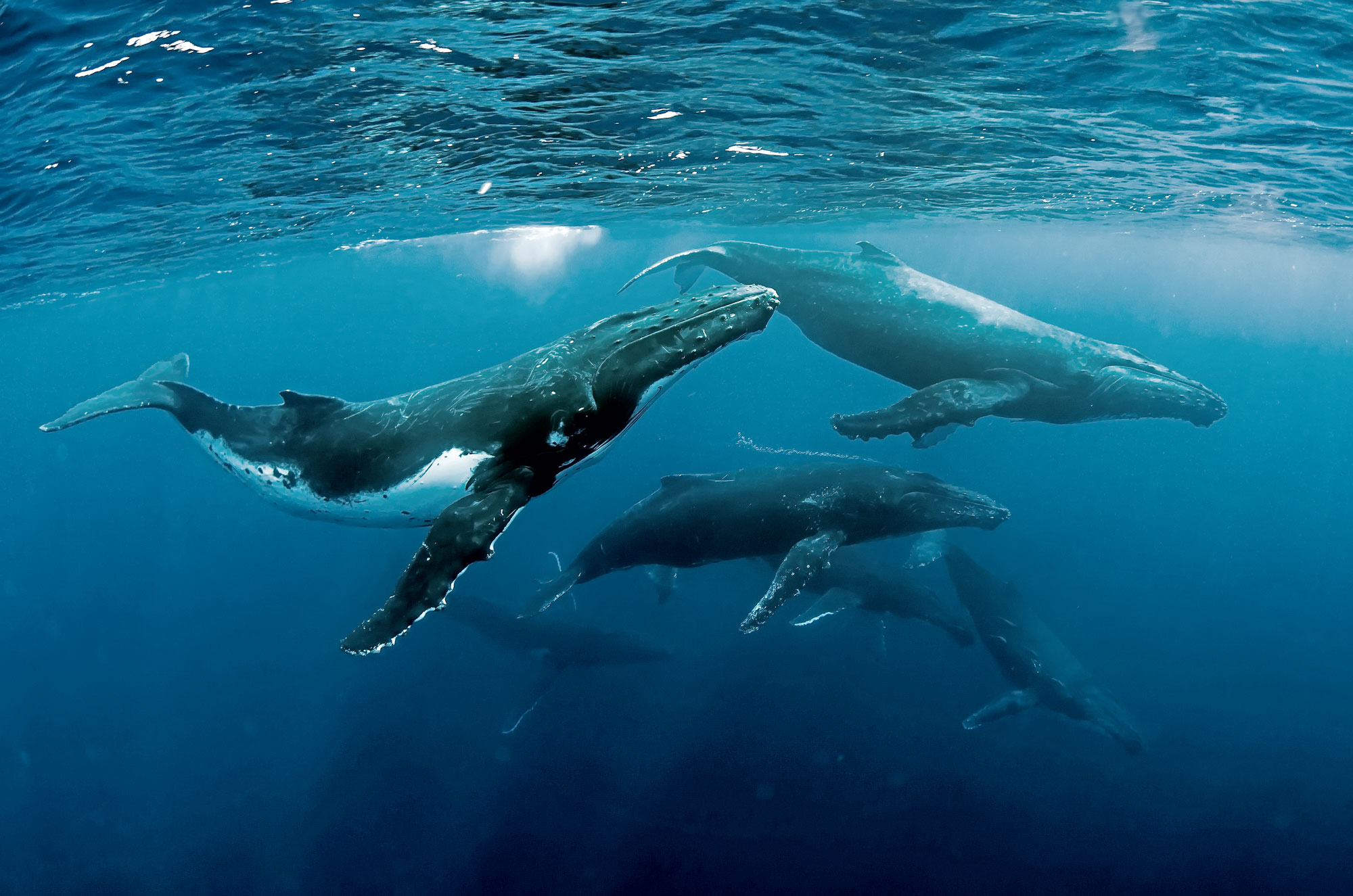Whales are some of the most fascinating creatures in the ocean, and their songs are just as mesmerizing. For decades, researchers have been studying these songs to try to understand their meanings and the role they play in whale society. Whale songs are complex, melodic, and unique to each species of whale. They are used for communication, navigation, and even mating purposes.
One of the most interesting things about whale songs is how they change over time. Researchers have found that these songs evolve and transform as they are passed down from generation to generation, much like human language. Some songs can last for years, while others may change completely in a matter of months.
One of the most famous whale songs is that of the humpback whale. These songs are known for their haunting melodies and can last up to 30 minutes long. Male humpback whales sing these songs during breeding season, which typically lasts from December to April. The purpose of these songs is still not fully understood, but researchers believe they play a crucial role in mating rituals.
Whale songs are also important in understanding the health of whale populations. Changes in the frequency, duration, and complexity of these songs can indicate changes in the environment, such as noise pollution or climate change. Researchers can use this information to track and study whale populations and develop conservation strategies to protect these magnificent creatures.
In recent years, advancements in technology have allowed researchers to study whale songs in greater detail. Hydrophones, or underwater microphones, are used to record these songs, and acoustic analysis software is used to analyze the data. This has led to new discoveries about the intricacies of these songs and how they are used by whales.
In conclusion, whale songs are a fascinating and important aspect of marine life. They are unique to each species of whale and are used for communication, navigation, and even mating purposes. By studying these songs, researchers can gain valuable insight into the health of whale populations and develop strategies for conservation. As we continue to explore and understand the ocean, it is essential that we also protect and preserve the beautiful and complex world of whale songs.
